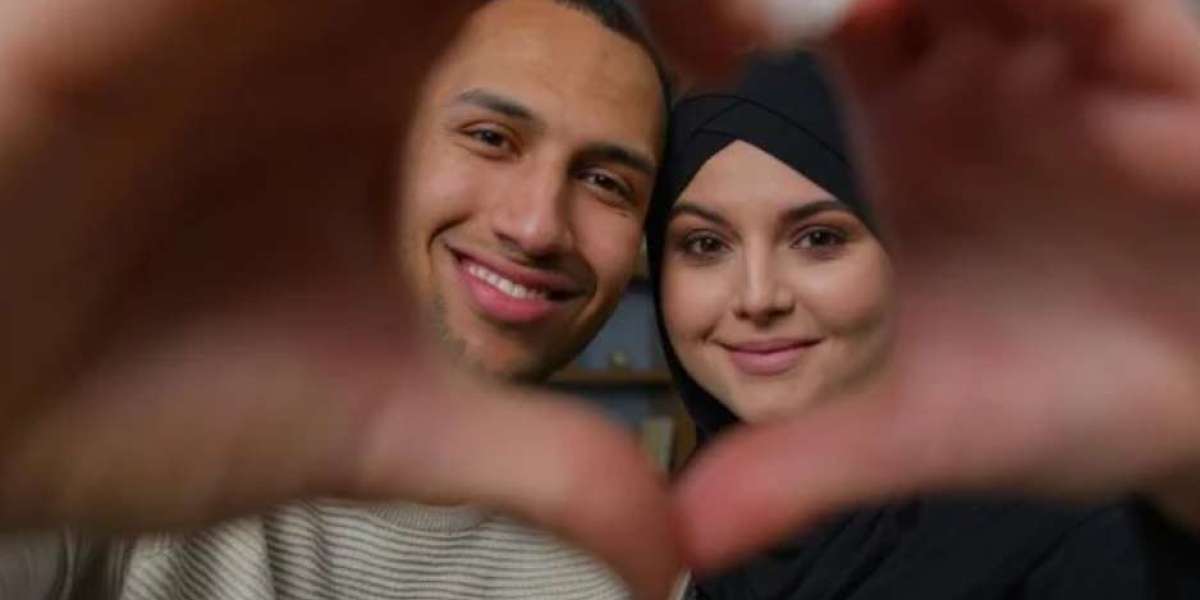Marriage holds a special and sacred place in Islam, serving as a foundation for family, society, and spiritual growth. The Quran say about marriage is clear and profound, emphasizing it as a source of comfort, love, mercy, and mutual support between spouses. Through numerous verses, the Quran outlines the principles, values, and responsibilities that shape a healthy and fulfilling marital relationship.
Marriage in the Quran: A Sacred Bond
The Quran presents marriage not merely as a social contract but as a deeply spiritual covenant, reflecting harmony between two individuals destined to complement and support each other. One of the most well-known verses about marriage highlights this:
“And among His signs is that He created for you from yourselves mates that you may find tranquility in them; and He placed between you affection and mercy. Indeed in that are signs for a people who give thought.”
— (Surah Ar-Rum 30:21)
This verse beautifully encapsulates the purpose of marriage — to bring peace and comfort, to foster love (mawadda), and to nurture mercy (rahmah) between husband and wife. It shows that marriage is a divine sign, a source of spiritual and emotional well-being.
The Quran’s Guidance on Choosing a Spouse
The Quran advises believers to seek spouses based on piety and character rather than worldly gains alone. Marriage is not only about companionship but also about mutual growth in faith and righteousness:
“And marry the unmarried among you and the righteous among your male slaves and female slaves. If they should be poor, Allah will enrich them from His bounty. And Allah is all-Encompassing and Knowing.”
— (Surah An-Nur 24:32)
This verse encourages marrying those who are righteous and committed to faith, highlighting that financial status is secondary because Allah will provide sustenance. The emphasis is on spiritual compatibility and moral integrity.
Mutual Rights and Responsibilities
The Quran lays down a balanced framework of rights and duties for both spouses, stressing kindness, fairness, and mutual respect. In Surah Al-Baqarah, it is stated:
“They are clothing for you and you are clothing for them.”
— (Surah Al-Baqarah 2:187)
This metaphor of clothing signifies protection, comfort, and intimacy. Just as clothes shield and adorn a person, spouses should provide emotional and physical protection, modesty, and support for one another.
The Quran also instructs husbands to treat their wives with kindness and justice:
“And live with them in kindness. For if you dislike them - perhaps you dislike a thing and Allah makes therein much good.”
— (Surah An-Nisa 4:19)
This guidance encourages patience, compassion, and understanding, even in difficult moments.
The Role of Marriage in Society
Marriage, as described in the Quran, is essential for establishing strong families, which form the building blocks of a healthy society. It helps regulate sexual relations in a lawful manner and provides a nurturing environment for raising children. The Quran highlights the significance of procreation and the continuation of humanity within a marriage:
“And those who guard their private parts, except from their wives or those their right hands possess, for indeed, they are not to be blamed.”
— (Surah Al-Mu’minun 23:5-6)
This verse underscores that sexual relations are to be confined within marriage or lawful bounds, reinforcing its importance for moral and social order.
Resolving Marital Conflicts
The Quran also provides guidance on handling disputes within marriage, emphasizing fairness and reconciliation:
“If you fear dissension between the two, send an arbitrator from his people and an arbitrator from her people. If they both desire reconciliation, Allah will cause it between them.”
— (Surah An-Nisa 4:35)
This verse encourages seeking mediation and peaceful solutions, highlighting the value Islam places on harmony and conflict resolution in the family.
Conclusion
The Quran say about marriage highlights it as a divinely ordained union grounded in love, mercy, mutual respect, and spiritual growth. It guides Muslims to choose partners wisely, treat each other with kindness, uphold their duties, and resolve conflicts peacefully. Through marriage, believers are invited to build strong families and, by extension, a healthy society aligned with Islamic principles.
Marriage in the Quran is more than a legal contract — it is a sacred bond reflecting Allah’s mercy and a source of tranquility for human hearts.







